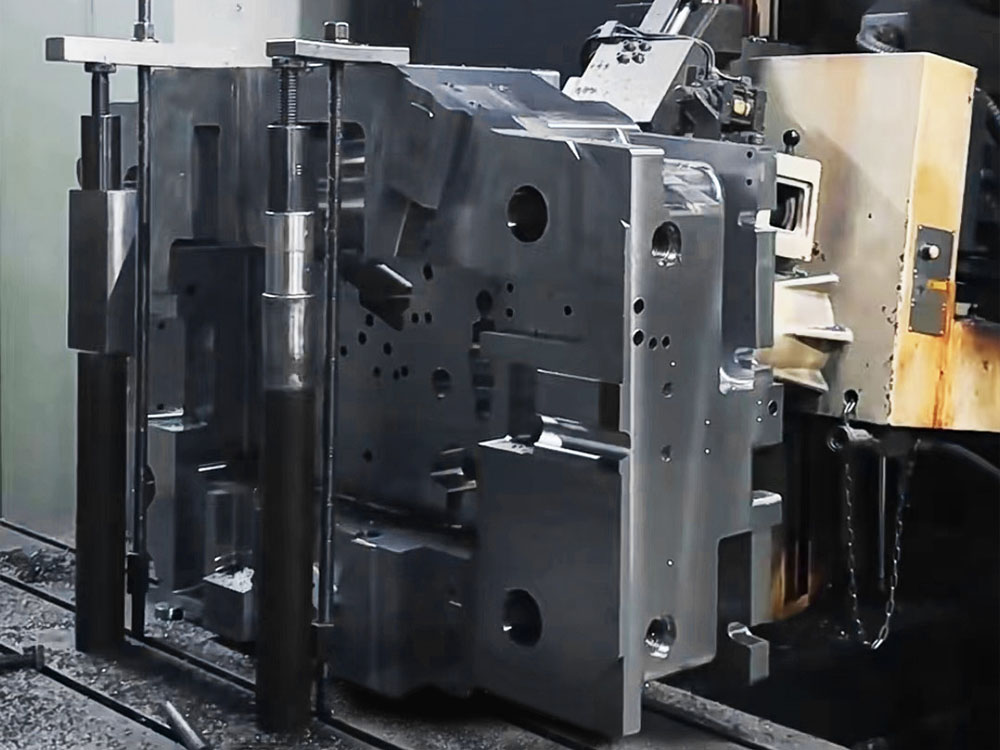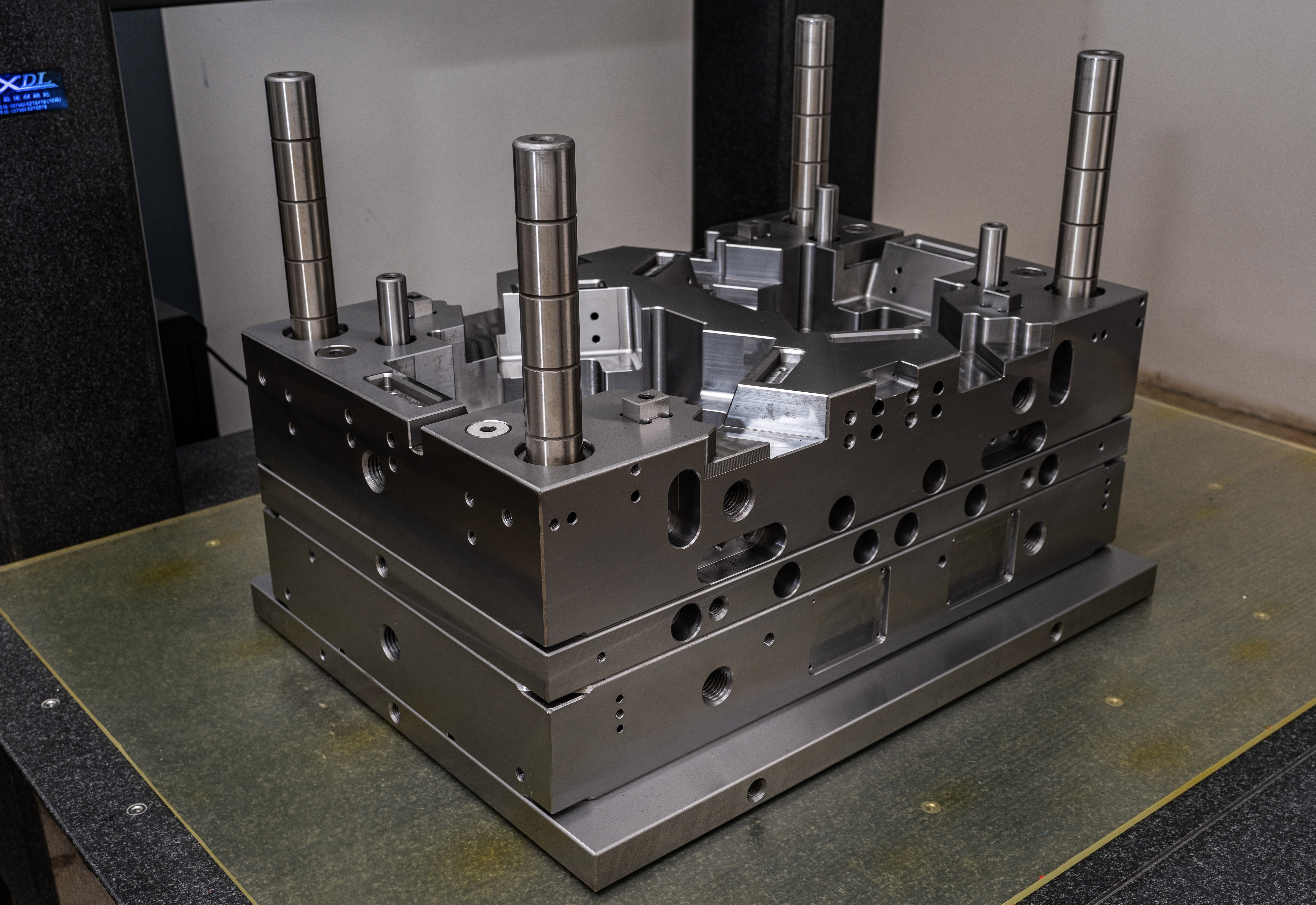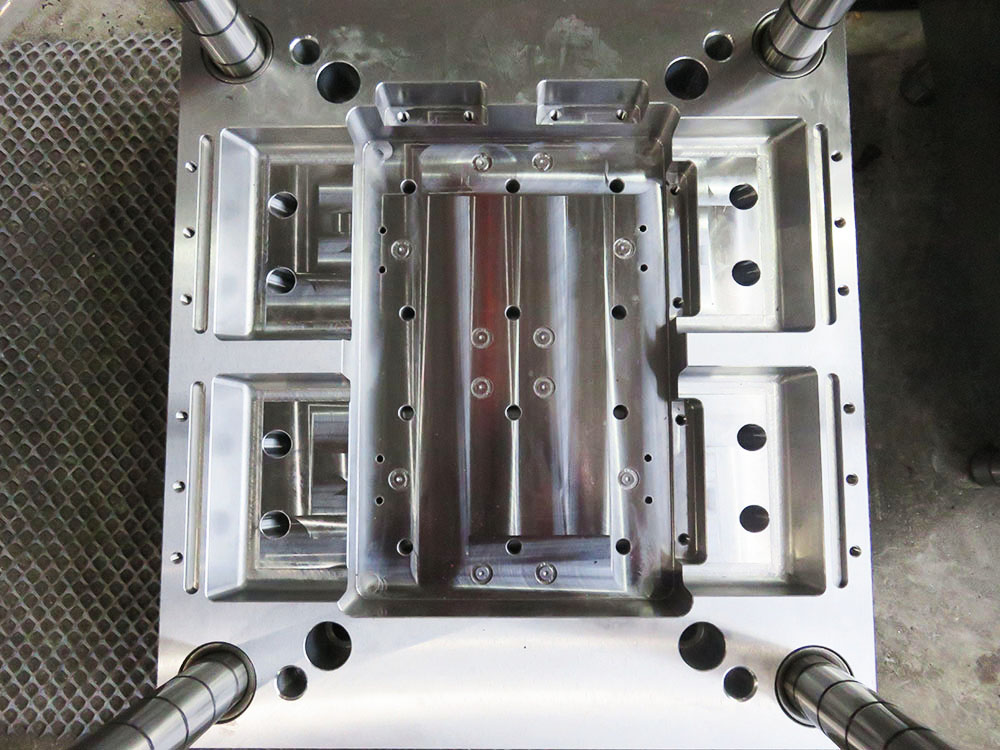The Role of a Model: A Brief Synopsis
In the world of manufacturing, the mold base industry plays a crucial role in the production of high-quality and precise molds for various industrial applications. A mold base serves as the foundation for creating molds, providing support and stability during the mold-making process. In this article, we will delve into the significance of mold base in the manufacturing industry.
Definition and Components of Mold Base
A mold base is a standardized pre-fabricated plate or block that forms the basic structure of a mold. It consists of several components that contribute to the efficient molding process. These components include the cavity and core plates, guide pins, bushings, ejector pins, sprue bushings, and cooling channels. Each component plays a crucial role in ensuring the precision and quality of the final mold.
Role of Mold Base in the Manufacturing Process
The mold base serves as the primary support for all the other mold components, providing a sturdy foundation for the creation of molds. It helps in aligning and positioning the various parts of the mold, ensuring accurate and consistent molding results. The mold base also assists in achieving proper cooling and ventilation within the mold, essential for efficient and repeatable production cycles.
Precision and Stability
One of the key benefits of using a mold base is the high level of precision and stability it offers during the molding process. The use of standardized mold bases ensures uniformity and accuracy in the mold structure, resulting in consistent and reliable production. The stability provided by the mold base minimizes any potential deformations or distortions during the molding process, ultimately translating into superior product quality.
Customization and Flexibility
While mold bases are standardized, they can be easily customized to suit specific requirements. Manufacturers can modify the mold base by adding or removing components, altering cooling channels, or adjusting dimensions to meet the unique needs of their applications. This flexibility allows for greater versatility and adaptability in the manufacturing process, enabling manufacturers to create molds that cater to a wide range of product designs.
Reduced Lead Time and Cost
By utilizing mold bases, manufacturers can significantly reduce lead times and costs associated with mold production. Standardized mold bases eliminate the need for designing and manufacturing a mold base from scratch, saving considerable time and effort. This streamlined process enables manufacturers to focus on other critical aspects of mold-making, resulting in faster turnaround times and increased efficiency. Moreover, the use of mold bases reduces material waste and optimizes resource utilization, leading to cost savings in the long run.
Enhanced Maintenance and Repairs
Another advantage of mold bases is the ease of maintenance and repairs. As the mold base serves as the foundation of the mold, any necessary repairs or modifications can be performed on the mold base without affecting the entire mold structure. This simplifies maintenance procedures and reduces downtime, allowing for quick and efficient repairs, ultimately minimizing production interruptions and maximizing productivity.
The Future of Mold Bases
The mold base industry continues to evolve alongside advancements in technology and manufacturing processes. With the rise of digitalization and automation, mold bases are being integrated with smart technologies, enabling real-time monitoring and analysis of mold performance. This data-driven approach helps manufacturers optimize production processes, enhance product quality, and minimize downtime. Additionally, the development of more advanced materials and surface treatments for mold bases is expected to further improve the performance and longevity of molds in the future.
Conclusion
The mold base industry plays a critical role in ensuring the efficiency, precision, and quality of mold production. By providing a sturdy foundation and support, mold bases enable manufacturers to create molds that meet diverse industrial needs. With customization options, reduced lead time and costs, and ease of maintenance, mold bases continue to be indispensable in the manufacturing industry. As technology advances, mold bases will undoubtedly continue to adapt and evolve, further revolutionizing mold-making processes and driving innovation in the manufacturing sector.




